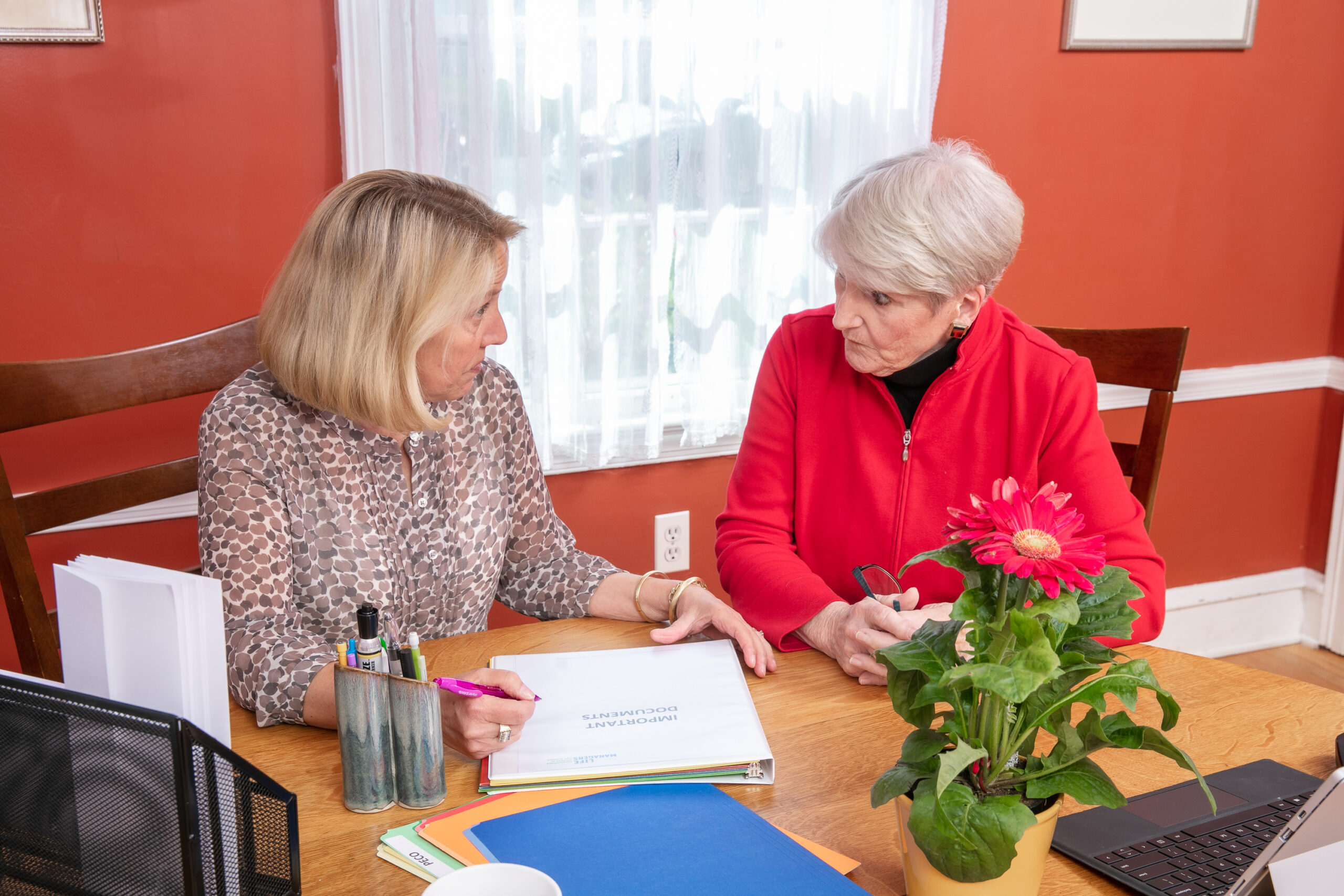When we think about safety for older adults, we often think of it in terms of the risks at home and how to eliminate falls. We focus on immediate hazard prevention such as improving lighting, adding grab bars and handrails. Removing items from high shelves and dark basements. All these things are necessary and important for successful aging in place. But safety for seniors goes beyond tangible tactics. Here are some other potential perils to prepare for as you create a plan for aging in place.
- Elder Abuse. Recent studies have shown that as many as 1 in 10 Americans over the age of sixty have experienced some type of elder abuse. This type of abuse can take on many different forms, from physical to emotional to financial mistreatment. Abusers can be the familiar, such as caregivers, but may also be strangers with ill intentions. Because of the broad range of potential exploitation, it’s important to recognize the signs that your loved one may be in an abusive situation.
Signs of Elder Abuse:
-
- Recent changes in spending patterns, changes to a will
- Disappearance of valuables
- Appearance of unexplained bruises, burns or scars
- Suddenly seeming depressed, confused, or withdrawn
- A lack of hygiene, unwillingness to eat or drink
It is imperative if you suspect elder abuse to act quickly. Trust your instincts as often the person being abused isn’t aware they are being victimized. Take the older adult aside and let them know you are worried that something is wrong and offer to help. In more severe cases, you may want to contact your state’s Adult Protective Services.
- Scams. Many seniors are more apt to answer the phone or open their door to strangers. They are often more trusting and even enter into conversations with the caller. For those that use the computer they may be naïve about how to spot a phishing email or phony web come-ons. Common scams include someone impersonating a grandchild in a crisis situation asking for immediate financial assistance, sweepstakes and lotteries, offers of help with tech support, and even romantic overtures.
Being proactive in teaching older adults how to identify scams is the best first step. Remind them that:
-
- They should never share any personal information such as social security numbers, credit card/bank information or account passwords with people they don’t know.
- Make sure they have Caller ID on their phone and instruct them not to answer if they don’t recognize the number. Assure them that if it is important, the caller will leave a message.
- They should never let a stranger into their home when they are there alone.
- If they are being pressured to sign a contract, make a purchase or donation, tell them they should tell the pursuer that they need to consult with a friend, family member or trusted professional.
- In the case of “special offers” or prizes, remind them to always ask for written information before agreeing to anything. Suggest that they have someone else review the written information as well.
Finally, if you suspect the senior has fallen victim to a scam, let them know that scammers are very cunning and creative – and they have no reason to be ashamed. Online scams can be reported to the Federal Trade Commission.
- Safety regarding their everyday finances and home maintenance. As we age, our minds and bodies aren’t as sharp as they once were, and it is not unusual for seniors to begin making mistakes. Not paying attention to the details can have significant implications. Another common problem is a senior’s ability to upkeep their home. Regular maintenance is important as the home is often one of the most valuable assets.
Proactive organization and planning are the best way to combat these perils. To that end, it is important that the senior:
-
- Create a list of all accounts, insurance policies, legal documents. This is a great way to evaluate if things are up to date or could be simplified. This document can be critical for your loved ones in an emergency.
- Have a written list of income and expenses so it is easier to identify discrepancies.
- Make a list of contractors, vendors or other professionals that provide services to the senior. This can serve as a reminder to them of who they can trust, as well as raise a red flag if an unknown person’s name starts popping up.
Simplicity and efficiency are the goals for sustainable, safe living. Remind the older adult that they should ask you, a friend or family member for assistance if they are feeling confused, overwhelmed or in pain.
Of course, services like those we provide at Life Managers can act as a first line of defense against scams and abuse. Having someone who regularly checks in to assess hazards in the home, spot any physical changes and pay the bills will more promptly raise a red flag if something seems off or out of order. This is especially important if loved ones live out of the area of the elderly adult.
Having candid conversations and taking preemptive steps can help keep seniors out of harm’s way.

